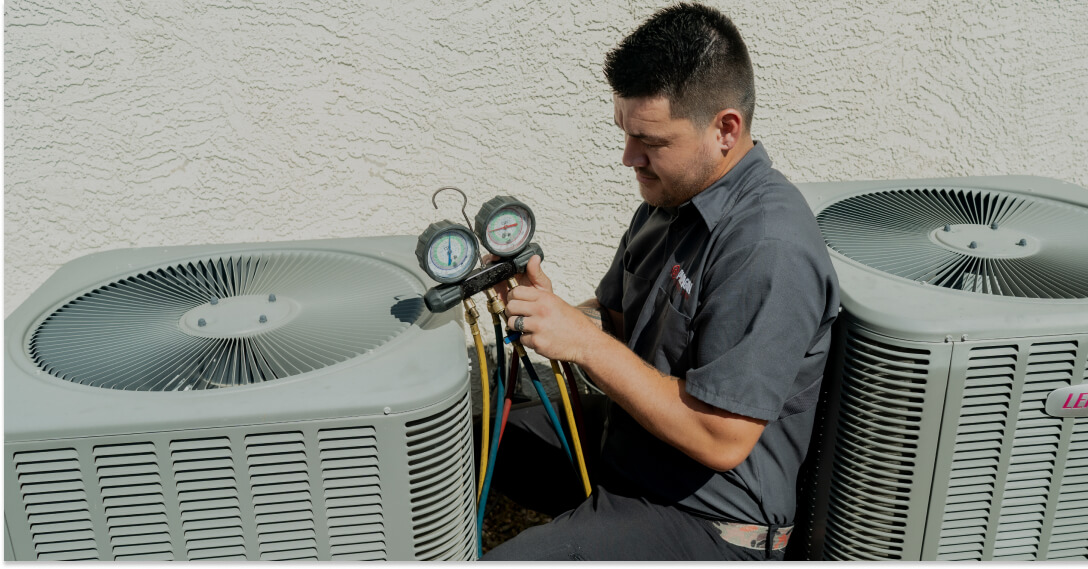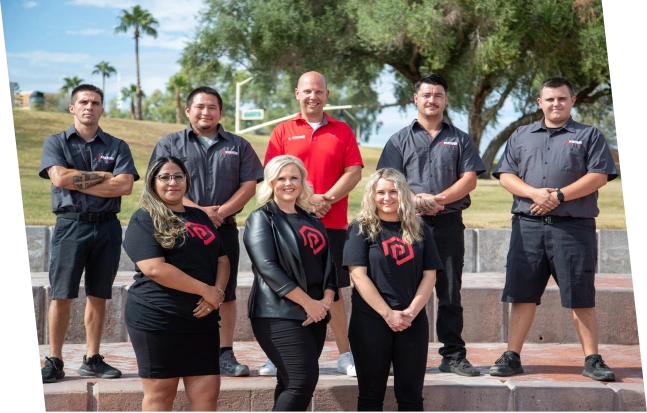However, even the most reliable AC units may encounter issues over time. Don’t let the looming uncertainty of your HVAC system’s condition steal the shade of your cool summer sanctuary.
In this comprehensive guide, we’ll explore warning signs indicating you need air conditioner repair and delve into different types of AC units.
Additionally, we’ll provide essential repair tips for each type, empowering you to keep your cooling system in top shape and enjoy a comfortable home all summer.
Types of Air Conditioners
The HVAC marketing industry has developed multiple ACs for different specific uses throughout the years. Below are the most common types that we will briefly explore:
Central Air Conditioning Systems
Central air conditioning systems are the most common cooling solutions for larger properties. They utilize a network of ducts to distribute cool air through the entire building.
Central ACs offer consistent cold air and are typically controlled by a thermostat, ensuring precise temperature adjustments.
 REPAIR TIPS
REPAIR TIPS
Central AC systems are complex, and their repair requires expertise. If your central AC exhibits issues such as warm air, unusual noises, or inconsistent cooling, it’s best to contact a qualified HVAC repair technician.
They will diagnose the problem, ranging from refrigerant leaks and compressor failures to faulty thermostats or clogged air filters.
Central Air Conditioning Systems
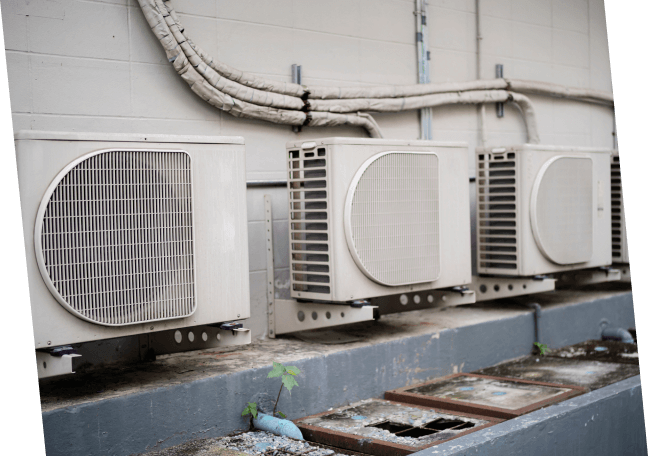
Split Air Conditioning Systems
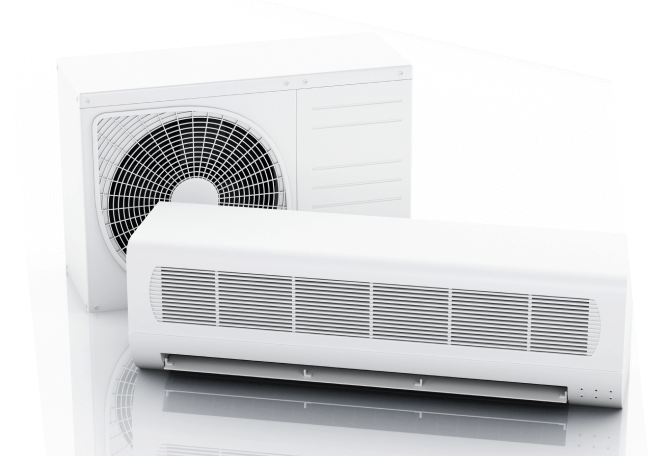
Split Air Conditioning Systems
Splhavesist of two main units: an indoor evaporator and an outdoor condenser. These systems are suitable for individual rooms or smaller areas. They provide efficient cooling and are often preferred for easy installation and flexibility.
 REPAIR TIPS
REPAIR TIPS
If your split AC is blowing warm air or making strange noises, check the air filters and ensure they are clean. Clogged air filters can hinder airflow and reduce cooling efficiency.
If the problem persists, it’s time to seek professional help. HVAC technicians can address issues like refrigerant leaks, faulty motors, or compressor problems.
Window Air Conditioners
Window AC units are designed to fit into a window or a dedicated hole in the wall. They are ideal for cooling individual rooms and cost-effective for smaller spaces. However, they may obstruct natural light and are unsuitable for cooling multiple rooms.
 REPAIR TIPS
REPAIR TIPS
For window AC units, the first step is to clean or replace the air filter regularly. Clogged filters can hamper cooling performance.
If your window AC is not cooling adequately, check for obstructions around the unit and ensure proper installation. If the problem persists, consult a professional technician to diagnose and fix any internal issues.
Window Air Conditioners
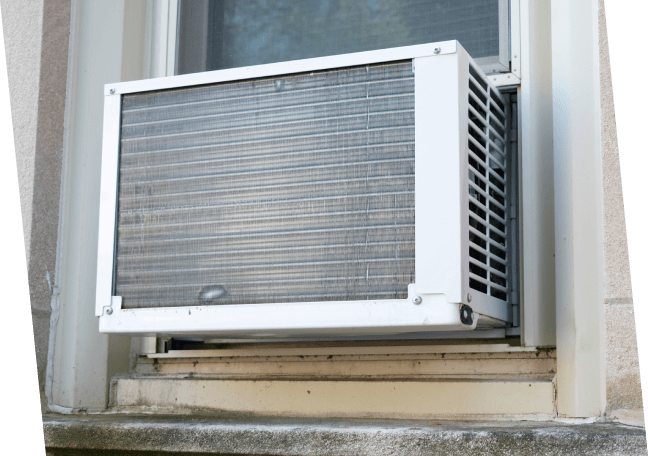
Portable Air Conditioners
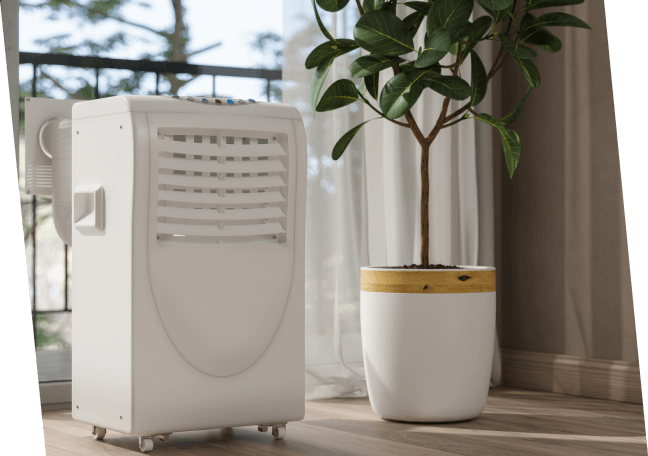
Portable Air Conditioners
Portable AC units are versatile and can be moved from one room to another as needed. They require an exhaust hose to vent hot air outside a window or wall. Portable ACs are popular for their mobility and ease of use.
 REPAIR TIPS
REPAIR TIPS
Portable ACs have relatively simple designs, and routine maintenance can resolve most issues. Ensure the exhaust hose is properly connected and vented to the outside.
Regularly clean the air filters and ensure there are no blockages hindering airflow. If your portable AC is not cooling effectively, professional technicians can assist with diagnosing and repairing any internal malfunctions.
Ductless Mini-Split Systems
Ductless mini-split systems are similar to split ACs but do not require ductwork. They consist of an outdoor condenser and one or more indoor air handlers, providing zoned cooling for different areas. Ductless systems are energy-efficient and allow for customized temperature control in each zone.
 REPAIR TIPS
REPAIR TIPS
If your ductless mini-split is experiencing issues like inadequate cooling or odd sounds, clean the air filters and check for any obstructions.
If the problem persists, it’s best to contact a professional technician. They can handle any refrigerant leaks, motor problems, or electrical issues that may be affecting your ductless mini-split’s performance.
Ductless Mini-Split Systems
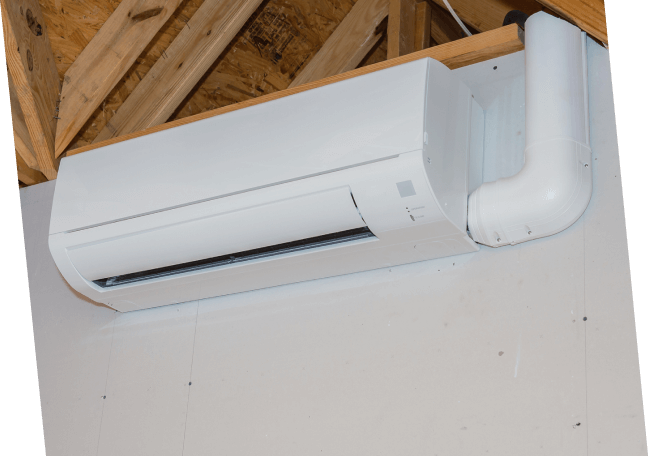
Warning Signs Your Air Conditioner Needs Repair
Now that we’ve covered the different types of AC units, let’s focus on the common signs that indicate you need an air conditioning repair.

Warm Air Instead of a Cooling Breeze
If your AC is blowing warm air instead of cool air, it clearly indicates an issue. This problem could be caused by low refrigerant levels, a malfunctioning compressor, or a faulty thermostat. Professional inspection and repair are essential to restore your AC’s cooling performance.
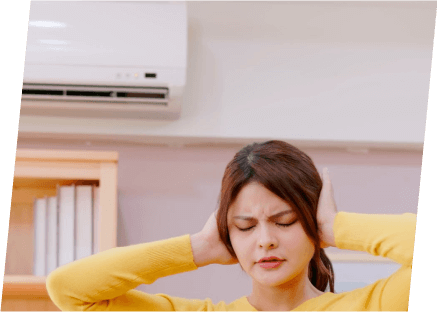
Unusual Noises During Operation
Strange noises like banging, grinding, or squealing while your AC is running may indicate mechanical problems. Loose parts, damaged components, or a failing motor can lead to these noises. Ignoring them can lead to further damage and more expensive repairs.

Frequent On-And-Off Cycling
If your air conditioner frequently turns on and off in short intervals, known as short cycling, it could be a sign of an underlying issue.
This problem may result from clogged air filters, an oversized AC unit, or a malfunctioning thermostat. Short cycling can waste energy and put unnecessary stress on your HVAC system.
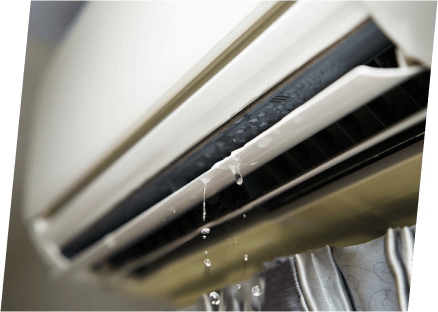
Leaks or Moisture Around the AC Unit
Water pooling around your AC unit may indicate a refrigerant leak or a blocked drain pipe. Refrigerant leaks are harmful to the environment and require professional attention. Blocked drain pipes can lead to water damage and should be addressed promptly.
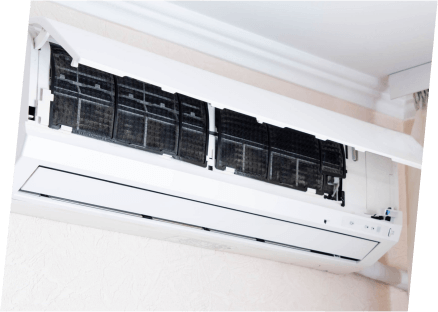
Reduced Airflow from Vents
Weak airflow from the vents could be due to clogged air filters, blocked ductwork, or a faulty blower motor. Reduced airflow affects your comfort and strains your AC system, potentially leading to further issues.

Inconsistent Cooling Throughout Your Home
If you notice inconsistent cooling in different areas of your home, it could be due to issues with your AC system’s ductwork. Leaks or gaps in the ducts can lead to conditioned air escaping before reaching the intended rooms.

Rising Energy Bills
A sudden increase in energy bills without any change in usage patterns may indicate that your HVAC is not running efficiently and you need AC repair ASAP.
An inefficient air conditioning system consumes more energy, leading to higher expenses. Timely repairs can help improve energy efficiency and lower your utility bills.

Thermostat Problems
A malfunctioning thermostat can cause your AC to behave erratically, leading to temperature fluctuations and discomfort. Professional attention is necessary to ensure accurate temperature control, whether it’s a faulty sensor or a calibration issue.
Determining the Need for AC Repair
Identifying whether your AC requires repair can save you from discomfort and costly breakdowns. Here’s how you can determine the need for AC repair:
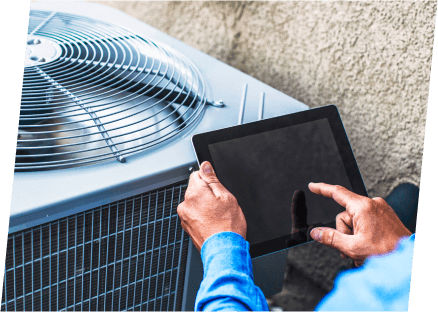
Conduct Regular Visual Inspections
Inspect your AC unit regularly for visible leaks, unusual noises, or physical damage. Pay attention to the condition of the ductwork and air filters.
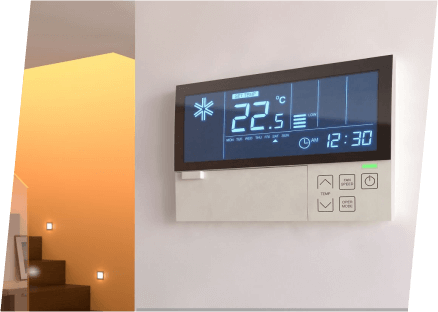
Monitor Cooling Performance
Keep track of your AC’s cooling performance. If you notice a significant decline in cooling capacity or inconsistent temperature control, it’s time to seek professional repair services.
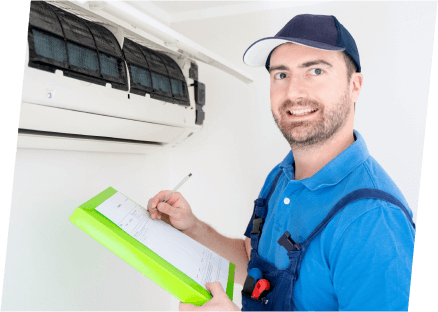
Schedule Professional Maintenance
Regular maintenance by a qualified HVAC technician is essential to keep your AC in optimal condition. A professional can detect potential problems early and address them before they escalate.

Check Energy Bills
Compare your current energy bills with those of previous months or years. If you observe a sudden and unexplained increase in energy expenses, your AC may run inefficiently.
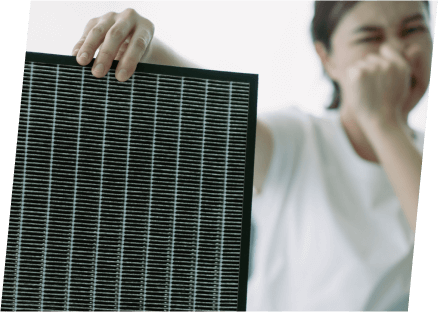
Pay Attention to Unusual Odors
Foul or musty odors emanating from your AC may indicate mold or mildew growth. Ignoring these odors can lead to health issues and should prompt immediate attention.
Making Your Summer Cool
Your air conditioner is valuable for keeping your home cool and comfortable during the hot summer.
Understanding the different types of AC units and the warning signs of AC repair can help you maintain your cooling system and avoid unexpected breakdowns.
Regular inspections, professional maintenance, and prompt repairs ensure your AC runs efficiently and provides reliable cooling year after year

